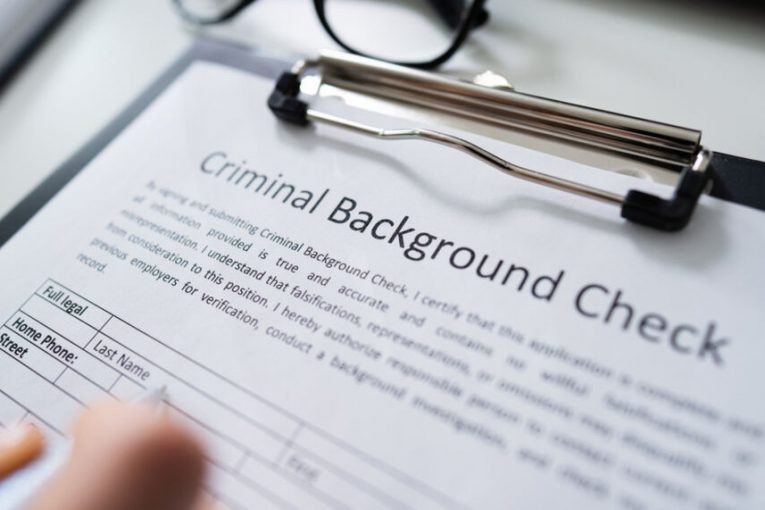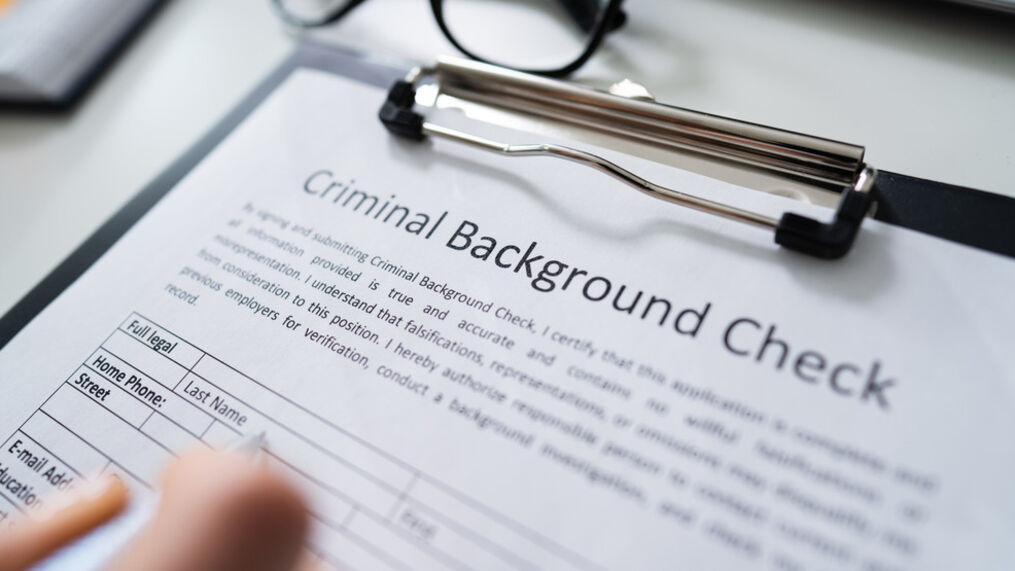

By Luke Kyaw
NEW YORK, NY – More than 78 million American adults – more than one-third of the country’s population – are estimated to have some type of criminal record, according to the Brennan Center For Justice.
To put into perspective, this is roughly equivalent to the total number of Americans with college diplomas.
Unfortunately for many of these people who have been incarcerated, they are mostly unable to find secure jobs after being released from prison simply because they now have a conviction on their record, noted Brennan.
A 2018 Brookings study revealed that nearly half of formerly incarcerated people remain unemployed one year after leaving prison. For those that did secure a job, their earnings were “just [barely] above $10,000.”
Over the years, there have been many roadblocks – including those financial, administrative, and legal – that are inhibiting this group from successfully rejoining the workforce. Companies had a checkbox question on their application asking if applicants had a criminal record, potentially labeling them as weaker candidates.
Occupational licensing laws can restrict giving licenses to people with criminal records, barring them from entering fast-growing industries like health care and mechanical services.
Clearing and sealing eligible criminal records is also an exhaustive endeavor both in terms of time and money.
For instance, the Legal Action in New York estimates that a New Yorker would have to meet “up to 40 hours [with] an attorney” and court officials over several months and if a hearing is required, the average cost comes up to $2,200. As a result, many eligible Americans with criminal records are unable to go through with the process.
For a long time, this huge issue stemming from the U.S. criminal justice system has been overlooked and subsequently has harmed the livelihoods of thousands of people with criminal records, said the 2020 Brennan Center report, which also noted that there is a disproportionate amount of makeup from communities of color, especially Black and Latinx.
However, the tides have slowly started to shift.
More and more companies have recently “banned the box” asking about criminal backgrounds on their applications, said the report.
And local nonprofit organizations have partnered up with businesses to establish hiring programs – like the Second Chance program from JP Morgan Chase & Company – that provides legal services and job search support.
JP Morgan Chase & Company reported hiring around 2,100 people with a criminal background in 2020 and attributed it in part to the Second Chance Program.
Moreover, large companies like McDonald’s, Verizon, CVS, and Microsoft came together to form the Second Chance Business Coalition in order to develop and practice more inclusive hiring practices to better support individuals with criminal records, according to the Brennan report.
On the side of public policy, there has also been some advancement albeit relatively slow given the bureaucratic red tape of government.
Currently, various versions of “Clean Slate” legislative proposals are being introduced in Congress and many U.S. State Capitals. They would essentially automate the process of clearing and sealing certain low-level eligible records – like DUIs and minor drug offenses – after a designated period has passed.
One such example is the Clean Slate Act of 2021, a bill that was introduced to Congress by Senators Bob Casey and Joni Ernst as well as Representatives Lisa Blunt Rochester and Guy Reschenthaler.
In a press release, Senator Casey said that “with nearly half of U.S. children having at least one parent with a criminal record, automatically sealing [criminal] records will help us invest in our Nation’s future [by] ensuring [these] parents … aren’t prohibited from fully participating in the workforce.”
Senator Casey comments ring true in that a more inclusive economy in which there is equal access to opportunity is a stronger economy that is better prepared to face the uncertainties of the future.

